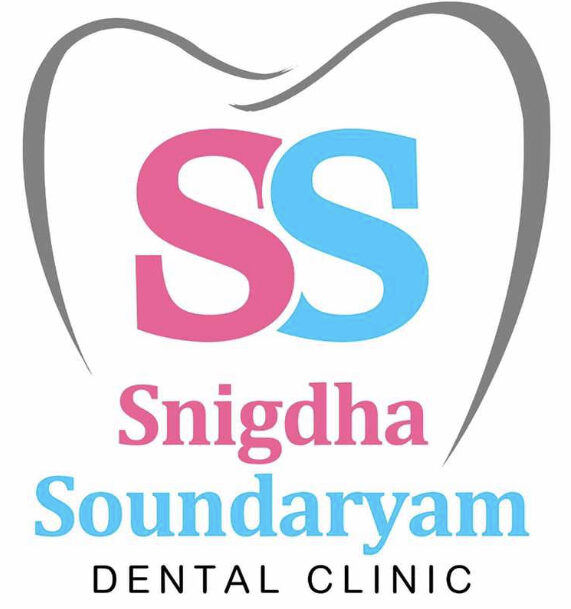Introduction
Dental caries, also known as tooth decay or cavities, is a common dental problem. It affects people of all ages. In fact, dental caries can lead to pain, infection, and even tooth loss if left untreated. Early detection and care are important for a healthy mouth. This blog will help you understand dental caries, tooth decay symptoms, causes, diagnosis, treatment, and ways to prevent dental cavities.
Symptoms of Dental Caries
Often, dental caries starts without any pain. However, as it progresses, you may notice signs. Recognizing these symptoms early can help you seek treatment sooner. Common symptoms include:
- Toothache or pain when eating sweet, hot, or cold foods
- Visible holes or pits in your teeth
- Brown, black, or white spots on the tooth surface
- Sensitivity to temperature or sugary foods
- Bad breath or a bad taste in the mouth
Sometimes, you may not feel any symptoms until the decay is advanced. Therefore, regular dental check-ups are important.
Causes of Dental Caries
Dental caries develops when bacteria in your mouth break down sugars from food. This process creates acids that attack the tooth surface. Over time, these acids can damage the enamel and form cavities. Several factors increase your risk, such as:
- Poor oral hygiene habits
- Frequent snacking or sipping sugary drinks
- Dry mouth or low saliva flow
- Not getting enough fluoride
- Worn fillings or dental devices
- Young children and older adults are at higher risk
Because bacteria thrive on sugar, reducing sugary foods can help lower your risk.
Diagnosis of Dental Caries
Early diagnosis is key to stopping dental caries from getting worse. Dentists use several methods to check for cavities. These include:
- Visual examination of your teeth and gums
- Dental X-rays to spot hidden decay
- Probing teeth with special tools to find soft spots
Sometimes, your dentist may use special dyes or lights to detect early signs. Regular dental visits help catch problems before they become serious.
Treatment Options for Dental Caries
Treatment depends on how severe the dental caries is. Early-stage tooth decay can often be reversed. However, advanced decay may need more care. Common treatments include:
- Fluoride treatments: Strengthen enamel and help reverse early decay
- Fillings: Remove decayed parts and fill the space with dental material
- Crowns: Cover and protect a tooth with large cavities
- Root canal: Remove infected pulp if decay reaches the tooth’s inner layer
- Tooth extraction: Remove the tooth if it cannot be saved
At-home care, such as brushing and flossing, supports professional treatment. But, only a dentist can treat advanced dental caries.
Prevention Tips for Dental Caries
Preventing dental caries is easier than treating it. Simple daily habits can protect your teeth. Try these tips:
- Brush your teeth twice a day with fluoride toothpaste
- Floss daily to remove food between teeth
- Limit sugary snacks and drinks
- Drink plenty of water, especially after meals
- Visit your dentist regularly for check-ups and cleanings
- Ask your dentist about dental sealants for extra protection
In some areas, local water contains fluoride, which helps prevent cavities. If not, your dentist may suggest fluoride supplements.
Lifestyle Guidance for Healthy Teeth
Besides daily care, your lifestyle choices matter. For example, eating a balanced diet supports strong teeth. Choose fresh fruits, vegetables, and dairy products. Avoid sticky candies and sodas, as they can cause decay. If you smoke or use tobacco, try to quit. Tobacco increases your risk of dental caries and gum disease. Also, encourage children to develop good oral habits early. This helps prevent cavities as they grow.
Conclusion
Dental caries is a common but preventable problem. With good oral hygiene, healthy eating, and regular dental visits, you can lower your risk. If you notice any tooth decay symptoms, act quickly. Early treatment can save your teeth and prevent pain. Consult a dentist for personalized advice and early intervention.
Dental caries, also known as tooth decay or cavities, occurs when the enamel of the teeth is damaged by acids produced by bacteria that feed on sugar. If left untreated, dental caries can lead to pain, infections, and even tooth loss. The condition is preventable with proper oral hygiene, regular dental check-ups, and a healthy diet.
At SS Dental Clinic, our expert team offers comprehensive treatments for dental caries, including fillings, cleanings, and preventive care, ensuring your smile stays healthy.
Consult SS Dental Clinic today to schedule a check-up and take the first step towards maintaining excellent oral health.

